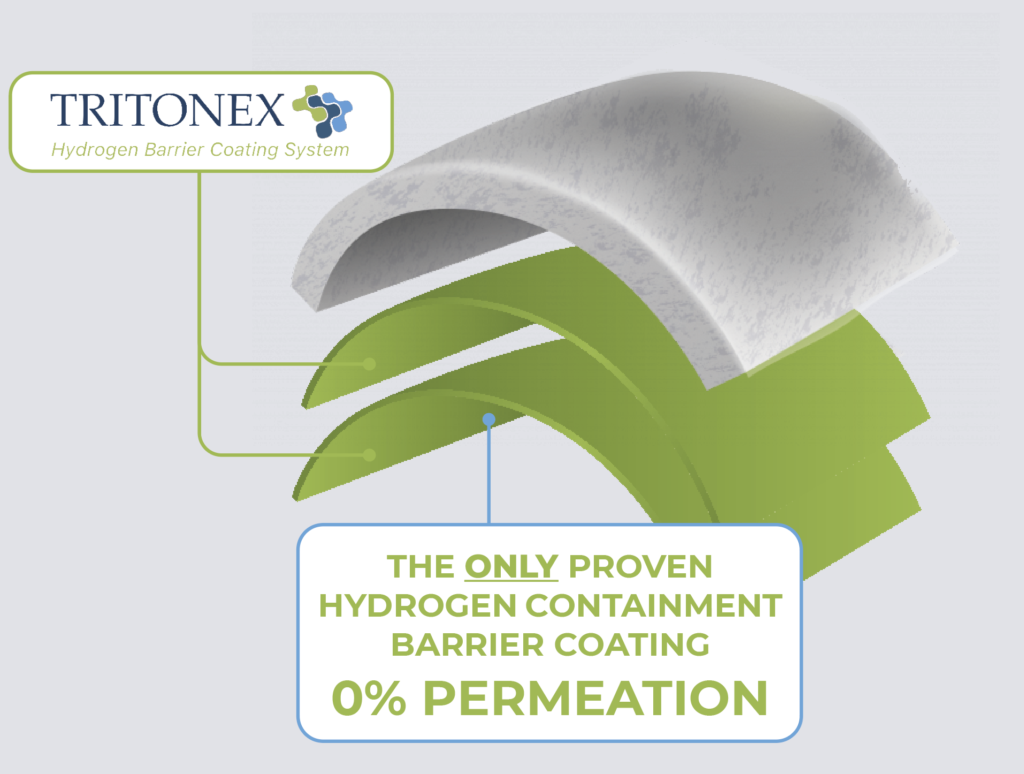A recent article from Reuters points out a key hurdle in the hydrogen economy, quoting from the International Energy Agency ‘Renewables 2023 Analysis and Forecast to 2028’: “Hydrogen is hard and expensive to transport and store, with exceedingly low temperatures needed to create liquid hydrogen and high leakage rates for gaseous hydrogen.”
This is where Triton Hydrogen’s product, Tritonex, can play a transformative role. I’ll explain why, but first, let’s look at the current situation in the hydrogen economy.
Reuters reports that the growth of renewables for hydrogen production is expected to slow, with a 35% lower forecast than last year, according to the IEA. Key issues include uncertainties around demand, regulatory clarity, infrastructure, and the economic challenges of high inflation and sluggish policy implementation. China is bucking the trend and leading the growth with significant investments in electrolyzers and renewable hydrogen projects.
This situation presents a unique opportunity for Triton Hydrogen’s Tritonex technology to address some of these challenges, particularly in improving the efficiency and reliability of hydrogen transport and storage infrastructure. Tritonex’s innovative coating can completely stop hydrogen leakage as well as physical infrastructure material degradation caused by hydrogen’s embrittlement effect, thereby improving the viability of hydrogen as a renewable energy source. Tritonex could be crucial in bridging the gap between current challenges and the ambitious targets set by governments worldwide.
Tritonex as a solution
Hydrogen storage and transportation challenges are critical bottlenecks in the hydrogen value chain. High leakage rates lead to economic losses and pose safety and environmental risks.
Triton Hydrogen offers a revolutionary approach to this issue. Laboratory tests have certified the Tritonex Hydrogen Barrier Coating System, which uses nano-technology, as 100% effective in creating a barrier to stop hydrogen permeation and leakage, earning the product ISO 14081 2014 certification. The scientific evidence supports the claim that Tritonex will enhance the efficiency and safety of hydrogen transport and storage systems. Triton Hydrogen is currently in talks with global manufacturers in the energy sector to build demonstrators and field test Tritonex.
Impact on the hydrogen economy
By addressing the leakage issue, Tritonex could help overcome one of the fundamental obstacles highlighted in the Reuters article, paving the way for a more viable and rapid development of the hydrogen economy.
Conclusion
As the hydrogen industry seeks to scale up in line with global energy transition goals, technologies like Tritonex will be pivotal in addressing the practical challenges of hydrogen storage and transportation, thus playing a crucial role in the success of this emerging sector.


